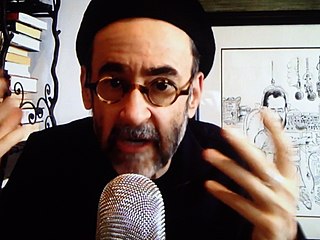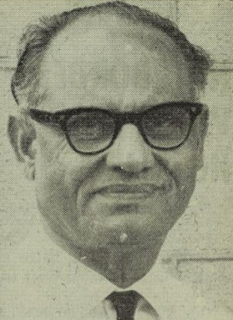A Quote by Jack Kerouac
...the tale that's told for no other reason but companionship, which is another (and my favorite) definition of literature, the tale that's told for companionship and to teach something religious, of religious reverence, about real life, in this real world which literature should (and here does) reflect.
Related Quotes
Sometimes I feel that in religious content, religious drama, it's almost told like a tale, like an account of facts, and in 'A.D. The Bible Continues,' it's drama, it's real drama that we like to see on TV today, seeing the characters struggle and doubt and be completely in conflict with each other, kind of like 'House of Cards.'
Part of my methodological approach is made explicit when I discuss ways in which literature can have philosophical significance. Literature doesn't typically argue - and when it does, it's deadly dull. But literature can supply the frame within which we come to observe and reason, or it can change our frame in highly significant ways. That's one of the achievements I'd claim for Mann, and for Death in Venice.
The artist usually sets out -- or used to -- to point a moral and adorn a tale. The tale, however, points the other way, as a rule. Two blankly opposing morals, the artist's and the tale's. Never trust the artist. Trust the tale. The proper functions of a critic is to save the tale from the artist who created it.
I see no reason in morality, why literature should not have as one of its intentions the arousing of thoughts of lust. It is one of the effects, perhaps one of the functions of literature to arouse desire, and I can discover no grounds for saying that sexual pleasure should not be among the objects of desire which literature presents to us, along with heroism, virtue, peace, death, food, wisdom, God, etc.
Do you think if it was the fairy tale about a man who lived inside of a whale and it was religion that Jack built a beanstalk today, you would know the difference? Why do you believe in one fairy tale and not the other? Just because adults told you it was true and they scared you into believing it, at pain of death, at pain of burning in hell.
There is a clear acknowledgement all over the world that we should not teach people to read and then to leave them without literature. For they would then relapse into a dreary and ultimately dangerous state of half-education, in which they would be easily satisfied by crude semi-pictorial approximations of the strip cartoon and by the abundant supply of degenerate literature which destroys, rather than promotes, a capacity to face the problems of the world with skill and courage
Nothing ever begins. There is no first moment; no single word or place from which this or any story springs. The threads can always be traced back to some earlier tale, and the tales that preceded that; though as the narrator's voice recedes the connections will seem to grow more tenuous, for each age will want the tale told as if it were of its own making.
The English tourist in American literature wants above all things something different from what he has at home. For this reason the one American writer whom the English whole-heartedly admire is Walt Whitman. There, you will hear them say, is the real American undisguised. In the whole of English literature there is no figure which resembles his - among all our poetry none in the least comparable to Leaves of Grass







































